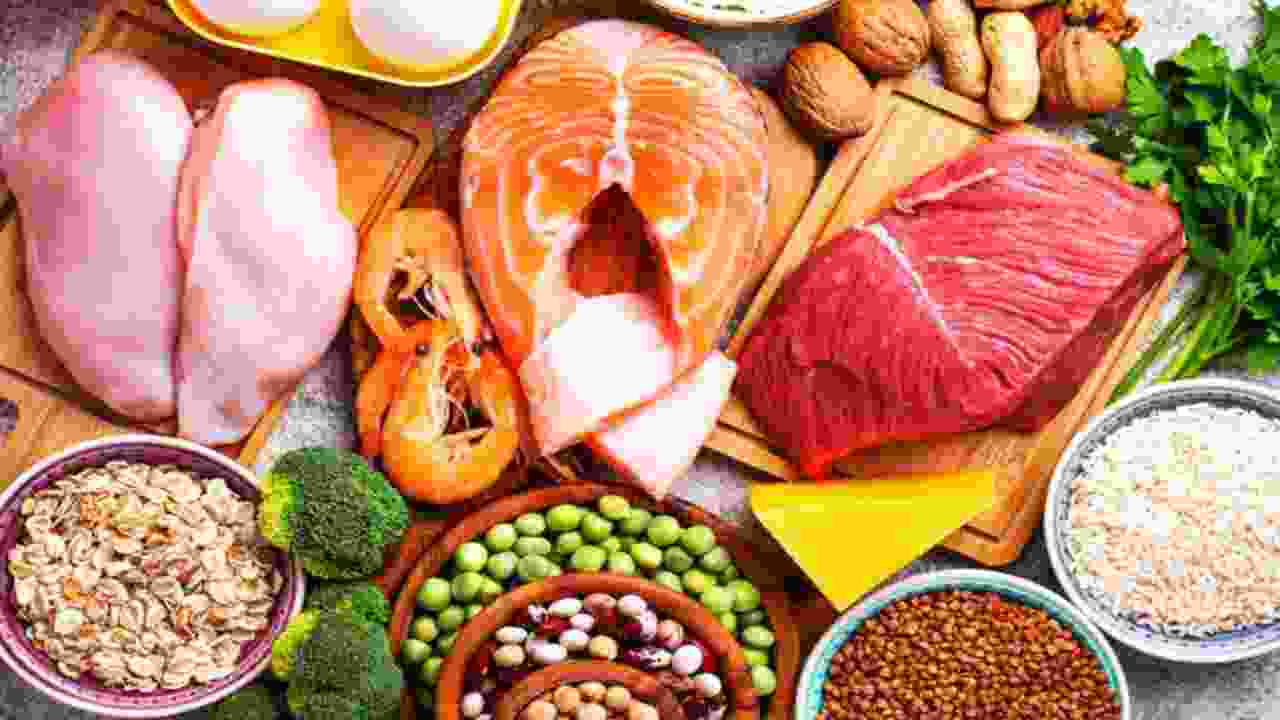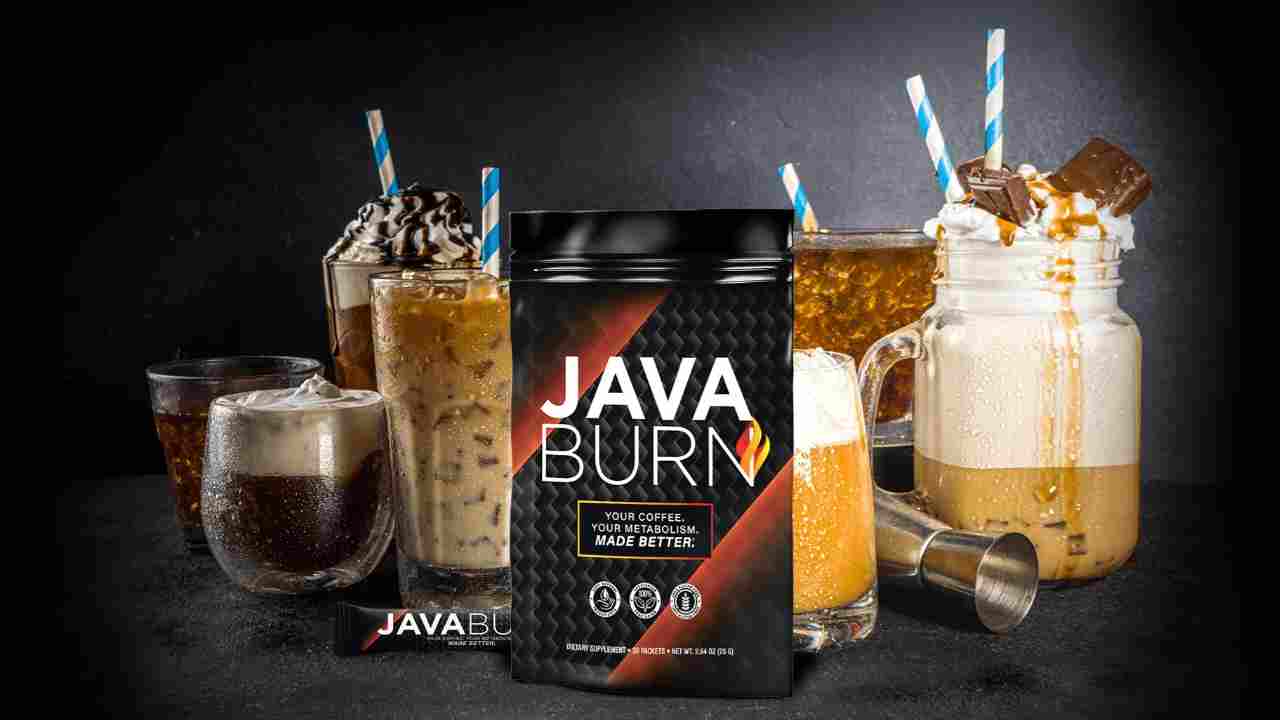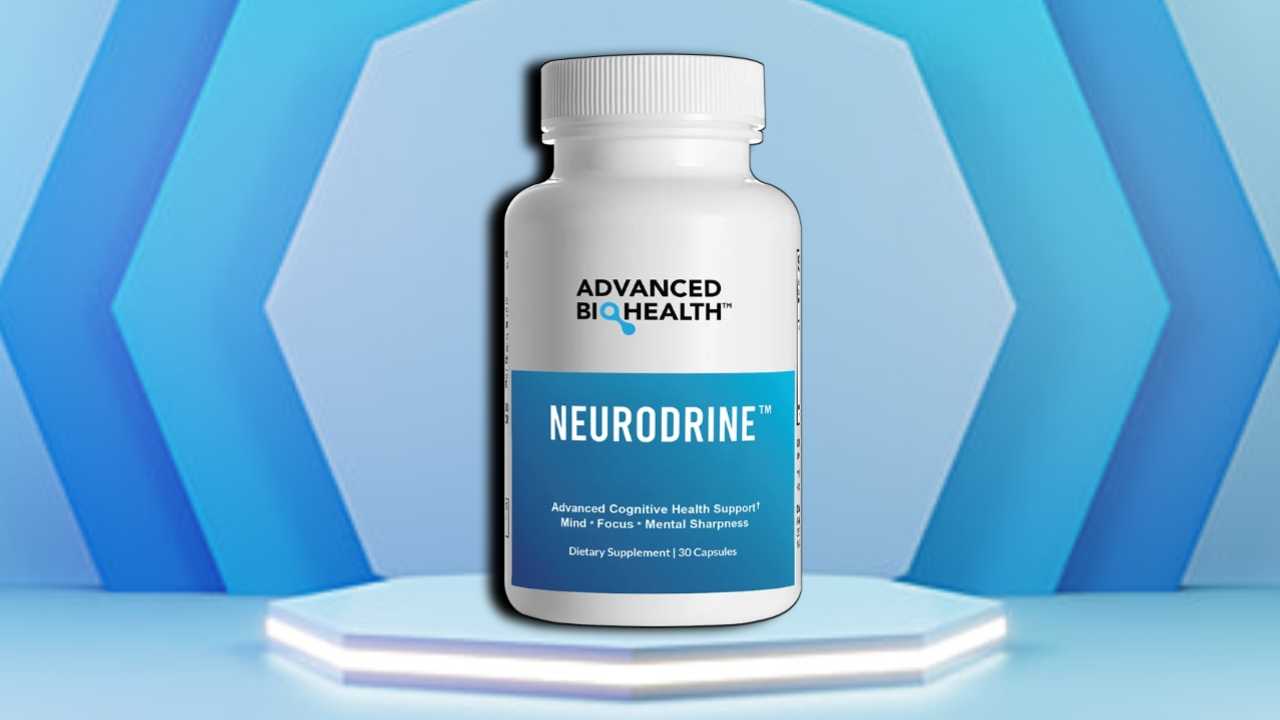
High Protein Diet has gained significant attention as an effective approach to achieving weight loss and maintaining a healthy lifestyle. This dietary strategy involves increasing the intake of protein-rich foods while moderating the consumption of carbohydrates and fats.
Let’s delve into the benefits, safety considerations, and explore the top protein foods that can aid in your weight loss journey.
High Protein Diet: Top Protein Foods for Weight Loss
1. Lean Meats
Chicken, turkey, lean beef, and pork are excellent sources of lean protein. Opt for skinless poultry and trim visible fats for a healthier option.
2. Fish
Salmon, tuna, and other fatty fish provide protein along with heart-healthy omega-3 fatty acids.
3. Eggs
A versatile protein source. Eggs are rich in nutrients and contain all essential amino acids.
4. Legumes
Beans, lentils, and chickpeas are plant-based sources of protein that also offer dietary fiber for improved digestion.
5. Greek Yogurt
Greek yogurt is higher in protein than regular yogurt and contains probiotics for gut health.
6. Nuts and Seeds
Almonds, chia seeds, and pumpkin seeds provide protein and healthy fats, aiding in weight loss.
7. Tofu and Tempeh
These soy-based products are popular among vegetarians and vegans for their protein content.
Benefits of a High-Protein Diet
1. Increased Thermogenesis
Protein requires more energy for digestion and absorption compared to fats and carbohydrates. This thermic effect of protein means that your body burns more calories during the digestion process, contributing to a higher metabolic rate.
2. Appetite Regulation
Protein-rich foods help control hunger hormones, reducing cravings and the likelihood of overeating. This can lead to decreased calorie intake, making it easier to maintain a calorie deficit necessary for weight loss.
3. Preservation of Lean Muscle Mass
When following a calorie-restricted diet, there’s a risk of losing both fat and muscle. A high-protein diet helps preserve lean muscle mass, promoting fat loss while maintaining a toned physique.
4. Improved Satiety
Protein has a satiating effect, helping you feel full and satisfied after meals. This can prevent mindless snacking and aid in adhering to your dietary plan.
Safety Considerations
While a high-protein diet offers numerous benefits, it’s essential to approach it with caution and balance:
1. Hydration
High protein intake can lead to increased water loss through urine. Stay adequately hydrated to support your kidneys and overall well-being.
2. Variety is Key
While protein is crucial, don’t neglect other essential nutrients. Incorporate a wide range of foods to ensure a balanced diet.
3. Gradual Transition
If you’re new to a high-protein diet, transition gradually to allow your body to adjust. Rapid adjustments may result in digestive unease.
Read This: How to Lose Weight Fast in 8 Simple Steps
High Protein Diet Conclusion:
A high-protein diet emerges as a compelling strategy for weight loss and overall well-being, emphasizing the significance of protein-rich foods while moderating carbohydrates and fats. The benefits, including increased thermogenesis, appetite regulation, and preservation of lean muscle mass, underscore its effectiveness in achieving weight loss goals. However, cautionary considerations such as maintaining hydration, ensuring dietary variety, and adopting a gradual transition are essential for a balanced and sustainable approach. By incorporating top protein foods into one’s diet, individuals can harness the advantages of a high-protein diet while embracing a healthier lifestyle.
Frequently Asked Questions (FAQs)
What is a high-protein diet?
It is a dietary approach that emphasizes consuming a significant portion of your daily calories from protein-rich foods. This typically involves increasing protein intake while moderating carbohydrates and fats.
Why is a high-protein diet effective for weight loss?
It is effective for weight loss due to several reasons. Protein increases metabolism through the thermic effect of food, helps control appetite hormones, preserves lean muscle mass, and promotes a feeling of fullness.
How much protein should I consume?
The recommended protein intake varies based on factors like age, activity level, and goals. A general guideline is to aim for about 15-25% of your daily calories from protein sources.
Can a high-protein diet help build muscle?
Absolutely. it is essential for growth and muscle repair. Combined with resistance training, a high-protein diet supports muscle development and recovery.
What are the potential health benefits of a high-protein diet?
Besides weight loss, it can help regulate blood sugar levels, improve satiety, enhance bone health, and support the immune system.


